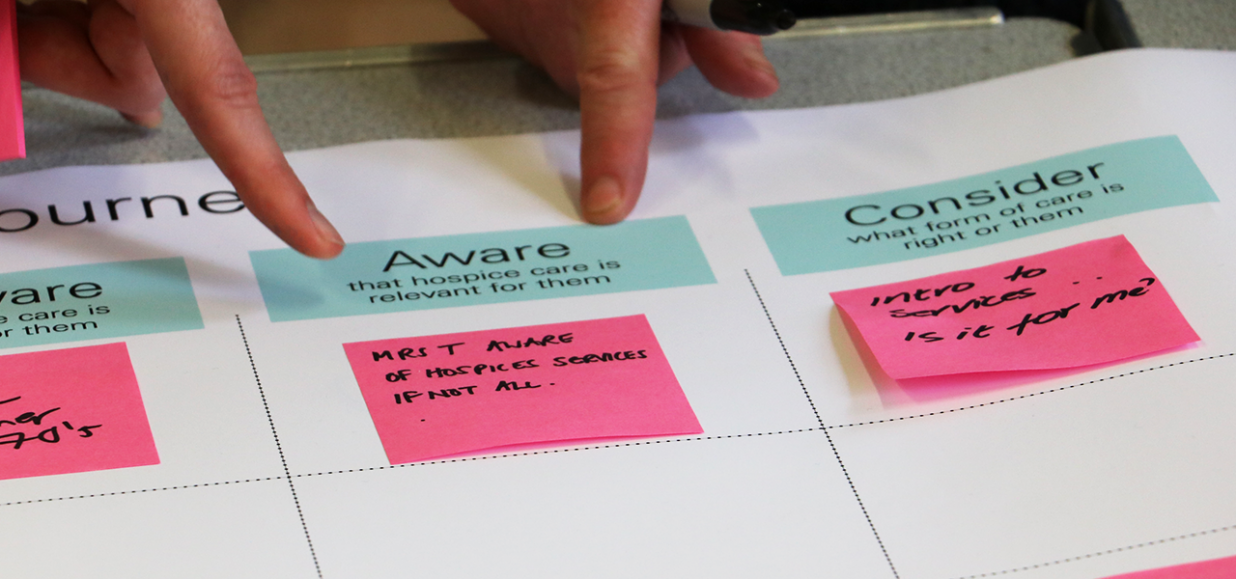Call our 24/7 advice line for health care professionals and families if you need support with symptom management and end of life care - 01284 766133.
Frequently Asked Questions of Listen Learn Adapt
What do we mean by palliative care?
Palliative care is the active holistic care of patients with advanced progressive illness. The goal of palliative care is the achievement of the best quality of life for patients and their families.
Palliative care aims to:
• improve the quality of life
• give relief from pain and other distressing symptoms
• support life and help to keep people as healthy as possible, regarding dying as a normal process
• combine psychological and spiritual aspects of care
• offer a support system to help the family cope during a person’s treatment and in bereavement
• use a team approach to address the needs of the person who is ill and their families
• influence the earlier stages of illness
• take place in hospices and hospitals but also in people’s homes.
What is the cost of the care and services St Nicholas Hospice Care provides across west Suffolk and Thetford?
It costs our charity £6m a year to operate services. That’s more than £11,000 a day to provide care to those with an end-of-life care need. At any one time, the Hospice can be supporting more than 350 families, be that on or in-patient ward, through our outpatient services or in the community.
How is St Nicholas Hospice Care currently funded?
All the care we provide is free of charge, at the point of delivery. We rely on a number of income streams including; donations, grants, shop income, fundraising, lottery income and legacies. We also receive some grant funding from the NHS.
I want to know more about the Hospice’s Listen Learn Adapt work.
What are you doing?
We have begun to work towards a Hospice service model that will meet the needs of our community now and in the future.
People have told us about their experiences of dying, death and bereavement, and we are using this information to strengthen our services, to make sure we are meeting the end-of-life care needs our community has.
How long will this work take?
This is a long-term project about:
Listening to what our community says about their experiences of dying, death and bereavement, particularly the experiences of those who have not received Hospice support.
Learning by using the information gathered to gain an overall view on what people have said and explore ideas that could lead to better experiences.
Adapting our services by working with staff, partners, and our community to develop a sustainable model.
While there are key milestones, this work does not have end date. Our services will continue to develop.
Why do you need to make changes to Hospice services?
• The demand for our services is growing and we need to reach more people in our community
• We are facing funding challenges. The cost of care is overtaking our ability to fundraise. This is exacerbated by the falling value in our NHS funding, a pattern that is happening across the country. Currently we are funding this gap with the charity’s reserves but that cannot continue
Has a budget been set aside for this work?
Yes we have, a business case was put forward and agreed with the charity’s Trustees. We will be costing possible care models as we go along to ensure they are affordable and sustainable.
Is there a fundraising element to this service re-design process?
No, this is not about fundraising – it’s about engaging with our community to work together to create new models of care which enables us to provide better care, more efficiently in the future.
When do you think the new models of care will be implemented?
It is very difficult to put a precise date on implementation, as we don’t know what the new models will look like. However, our intention is to implement them as quickly as possible once they are decided on.

